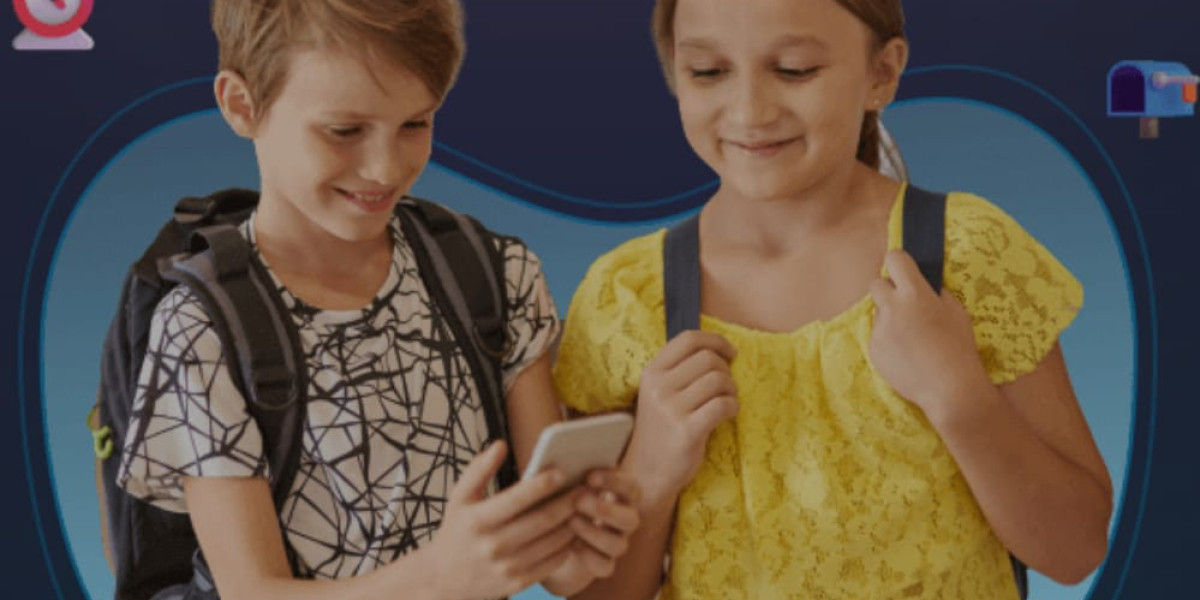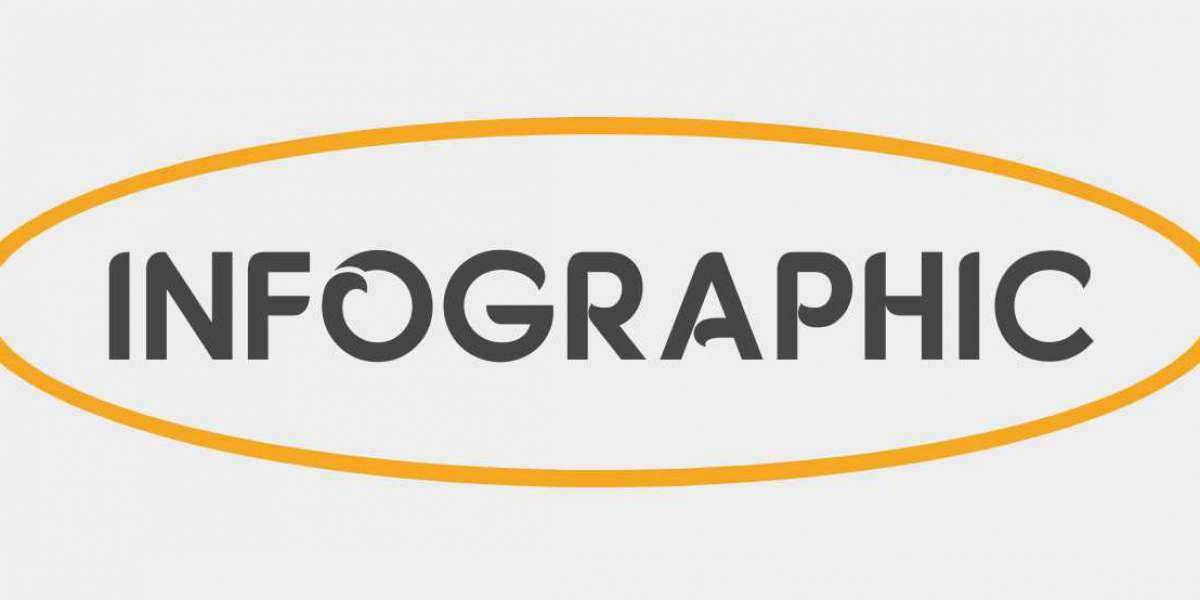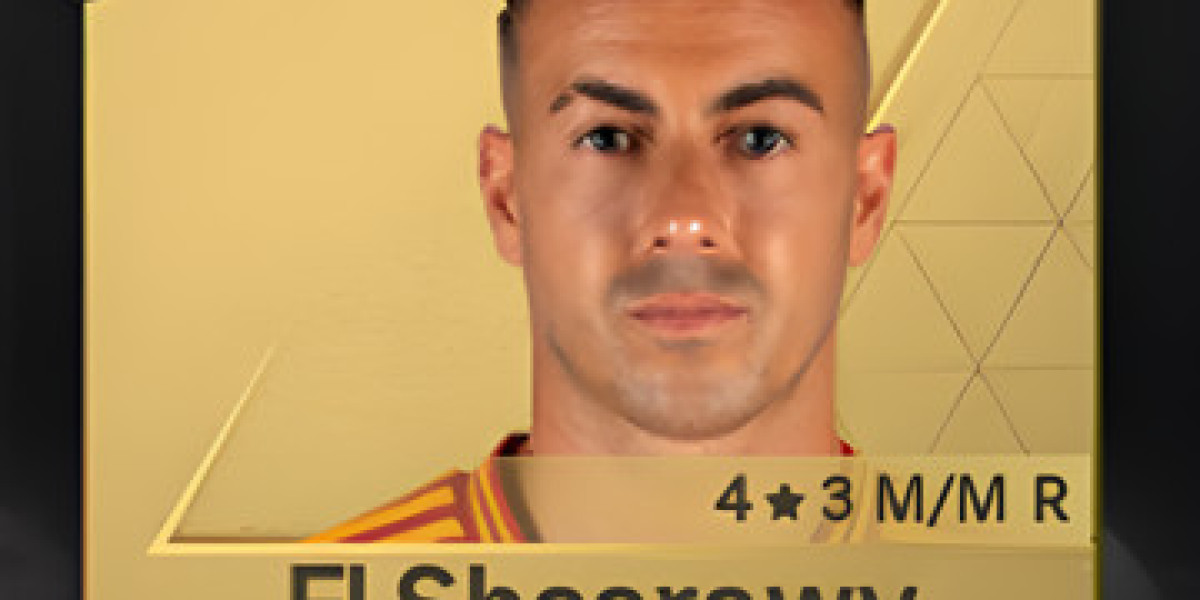In the diverse landscape of education, the term "specific learning disabilities" encompasses a range of challenges that impact how individuals process information, learn, and demonstrate knowledge. This blog post seeks to unravel the complexities of specific learning disabilities (SLD), providing insights into their various forms, recognizing early signs, and exploring strategies for support. Join us on a journey of understanding as we decode the differences that shape the educational experiences of individuals with specific learning disabilities.
- The Spectrum of Specific Learning Disabilities: Unveiling Varieties:
Begin the exploration by gaining a comprehensive understanding of specific learning disabilities. Uncover the broad spectrum of challenges that fall under the umbrella of SLD, recognizing the diversity of experiences among students with conditions such as dyslexia, dyscalculia, dysgraphia, and more.
- Dyslexia: Deciphering Challenges in Reading and Language Processing:
Dive into the world of dyslexia, one of the most well-known specific learning disabilities. Uncover the challenges students with dyslexia face in reading and language processing, and explore effective strategies and interventions that support their learning journey.
- Dyscalculia: Navigating Difficulties in Mathematical Concepts:
Mathematics can pose unique challenges for some students. Explore dyscalculia, a specific learning disability characterized by difficulties in understanding mathematical concepts. Discover how educators and support teams navigate these challenges to promote mathematical literacy.
- Dysgraphia: Overcoming Obstacles in Written Expression:
The art of written expression can be particularly challenging for students with dysgraphia. Delve into the intricacies of this specific learning disability, understanding the obstacles it presents in handwriting, spelling, and written expression, and explore supportive approaches that foster success.
- Attention-Deficit/Hyperactivity Disorder (ADHD): Focusing on Executive Functioning:
ADHD brings its own set of challenges related to attention, focus, and executive functioning. Explore how educators and support teams address the unique needs of students with ADHD, creating environments that support their learning style and promote academic success.
- Auditory Processing Disorder: Navigating Challenges in Sound Processing:
Auditory processing is a fundamental aspect of learning. Investigate auditory processing disorder, understanding how difficulties in processing sounds can impact a student's ability to understand spoken language and engage effectively in the learning environment.
- Visual Processing Issues: Overcoming Challenges in Visual Information Processing:
Visual processing issues can present hurdles in interpreting visual information. Explore how students with visual processing issues may face challenges in tasks such as reading, writing, and spatial awareness, and discover strategies to enhance their visual learning experience.
- Support Strategies: Tailoring Approaches to Individual Needs:
In this final section, explore overarching strategies and support approaches that can be tailored to meet the individual needs of students with specific learning disabilities. From differentiated instruction to assistive technology, uncover the tools that empower educators and support teams in creating inclusive learning environments.
see more:-



